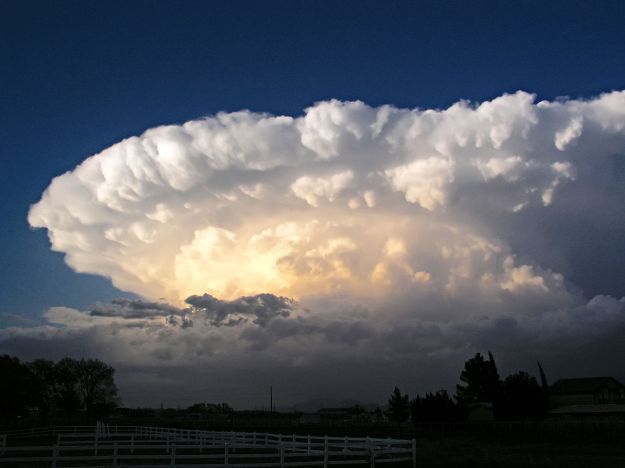BOOK I (Psalms 1-41)
Psalm 1: Poetry and Law
Psalm 2: The Lord’s Messiah
Psalm 3: Hope in the Heart of Brokenness
Psalm 4: Finding a Space in the Blessing
Psalm 5: The God Who Hears and Protects
Psalm 6: How Long, O Lord
Psalm 7: The God Who Judges
Psalm 8: The Soul Searcher’s Psalm
Psalm 9: Praising the God of Justice and Might
Psalm 10: Calling on God to be God
Psalm 11: Confident Faith in the Midst of Trouble
Psalm 12: Save Us From Ourselves
Psalm 13: The Cry from the God Forsaken Place
Psalm 14: The Wisdom of Holding to the Covenant
Psalm 15: Entering the Sacred Presence of God
Psalm 16: Remaining Faithful in a Pluralistic Setting
Psalm 17: An Embodied Prayer
Psalm 18: Royal Thanks at the End of the Journey
Psalm 19: Creation, the Law and a Faithful Life
Psalm 20: In the Day of Trouble
Psalm 21: A Blessing for the King
Psalm 22: A Desperate Cry to God
Psalm 23: The LORD as Shepherd, Host and Destination
Psalm 24: The Coming of the LORD
Psalm 25: The Struggle of Faith from Aleph to Tav
Psalm 26: Liturgy of the Falsely Accused
Psalm 27: Faith in an Age of Anxiety
Psalm 28: Can You Hear Me LORD?
Psalm 29: The Thundering Voice of God
Psalm 30: The Life of Praise
Psalm 31: Faith, Questions and the Life of Faith
Psalm 32: A Psalm of Restoration
Psalm 33: The Earth is Full of the Steadfast Love of God
Psalm 34: The Experienced Faithfulness of God
Psalm 35: Lord, Fight for Me in the Struggle
Psalm 36: The Way of God and the Way of the Wicked
Psalm 37: A Song of a Wise Life
Psalm 38: A Cry for Forgiveness and Healing
Psalm 39: There Are No Words
Psalm 40: Experienced Faithfulness and the Hope of Deliverance
Psalm 41: The One Who Cares for the Poor
BOOK II (Psalms 42-72)
Psalm 42 Thirsting for God in an Arid Time
Psalm 43 Calling for God’s Love among a Loveless People
Psalm 44 Demanding a Fulfillment of God’s Covenant Promises
Psalm 45 A Love Song among the Psalms
Psalm 46 A Mighty Fortress
Psalm 47 God Assumes Kingship Over Creation
Psalm 48 God and Zion
Psalm 49 Wealth, Wisdom and Death
Psalm 50 Recalled to the Covenantal Life
Psalm 51 Seeking the Possibility of Redemption
Psalm 52 The Wicked Will Not Prosper Forever
Psalm 53 Reflecting Again on the Unjust
Psalm 54 A Cry for Deliverance
Psalm 55 A Desperate Prayer from an Unsafe Environment
Psalm 56 Trusting God in the Midst of Trouble
Psalm 57 Fleeing to the Steadfast Love and Faithfulness of God
Psalm 58 A Jagged Prayer for Vengeance
Psalm 59 God’s Steadfast Love as an Alternative to the Dog-Eat-Dog Worldview
Psalm 60 A Plea for God’s Return to the People
Psalm 61 A Life Dependent on God
Psalm 62 Truly Faith Surrounds My Troubles
Psalm 63 Hungering and Thirsting
Psalm 64 Protect the Innocent One from the Words of the Wicked
Psalm 65 A Song of Thanksgiving to a Gracious Creator
Psalm 66 Formed by Steadfast Love
Psalm 67 A Blessing for the Earth
Psalm 68 God as Warrior and Protector of the Powerless
Psalm 69 A Cry for Deliverance from Unjust Suffering
Psalm 70 God Help Me Quickly
Psalm 71 A Prayer for Help Shaped by a Life of Worship
Psalm 72 Leading God’s Covenant People
Book III (Psalms 73-89)
Psalm 73 When Faith is Challenged
Psalm 74 A Psalm When the World Collapses
Psalm 75 God’s Answer to the Boastful and Arrogant
Psalm 76 The Fearfully Powerful Defender of Peace
Psalm 77 Searching for God in a Shattered World
Psalm 78 Telling History to Change the Future
Psalm 79 Words of Pain and Hope in a National Crisis
Psalm 80 A People Waiting for God’s Forgiven
Psalm 81 Hear! O People
Psalm 82 The God Who Upholds Justice for the Vulnerable
Psalm 83 A Fearful Prayer for Deliverance
Psalm 84 Better is One Day in the House of God
Psalm 85 Waiting for God’s Kingdom to Come
Psalm 86 A Servant’s Plea For Their Lord’s Deliverance
Psalm 87 Mother Jerusalem
Psalm 88 Only Darkness Knows Me
Psalm 89 Shattered Worlds and Broken Symbols
Book IV (Psalms 90-106)
Psalm 90 Remembering the Character of God in Crisis
Psalm 91 Enfolded in God’s Protection
Psalm 92 Song of the Sabbath
Psalm 93 God the King
Psalm 94 Thy Kingdom Come
Psalm 95 Lifting Up Voices and Listening in Silence
Psalm 96 A New Song of God’s Triumph
Psalm 97 The Righteous Reign of God
Psalm 98 A Joyous Song of God’s Salvation
Psalm 99 The Universal King Worshipped by a Particular People
Psalm 100 Know the LORD is God and We are God’s




